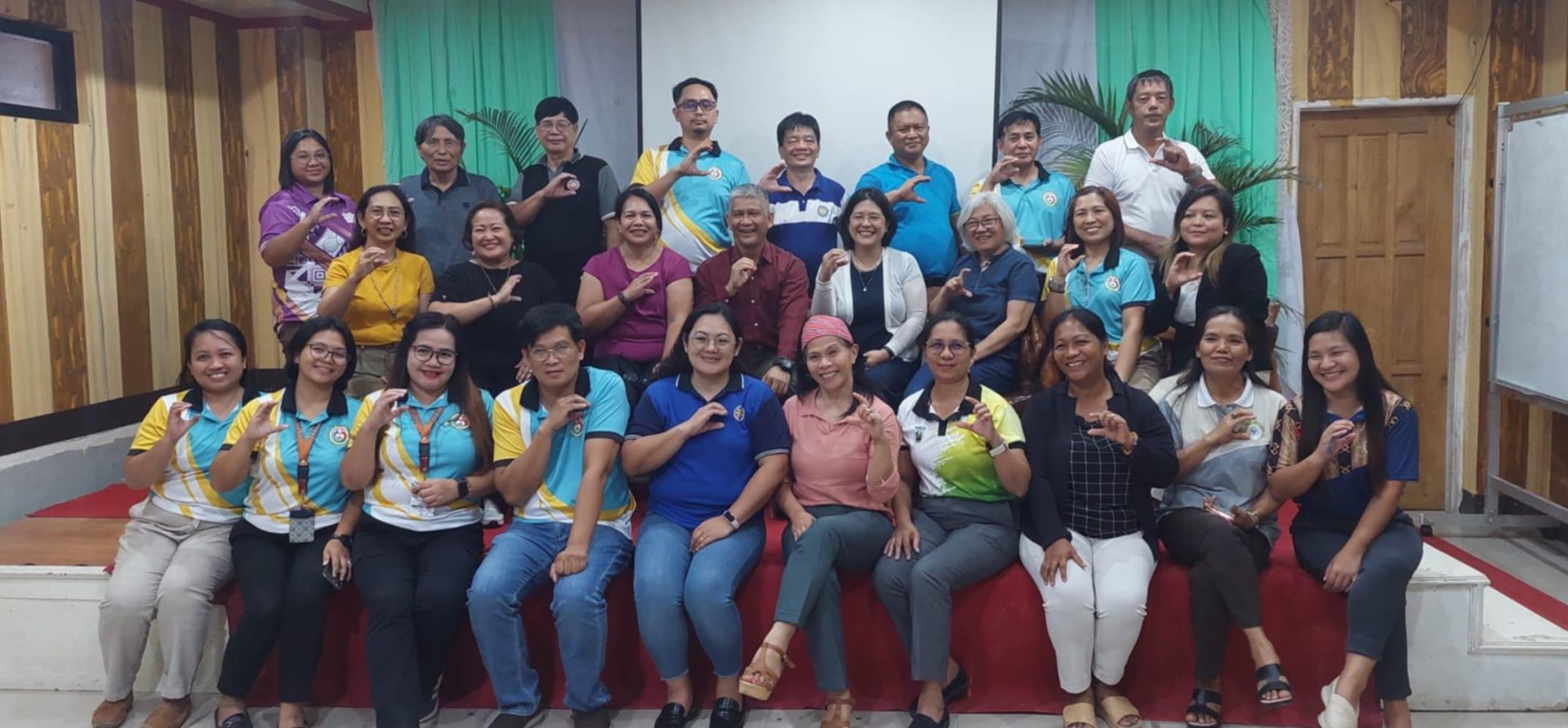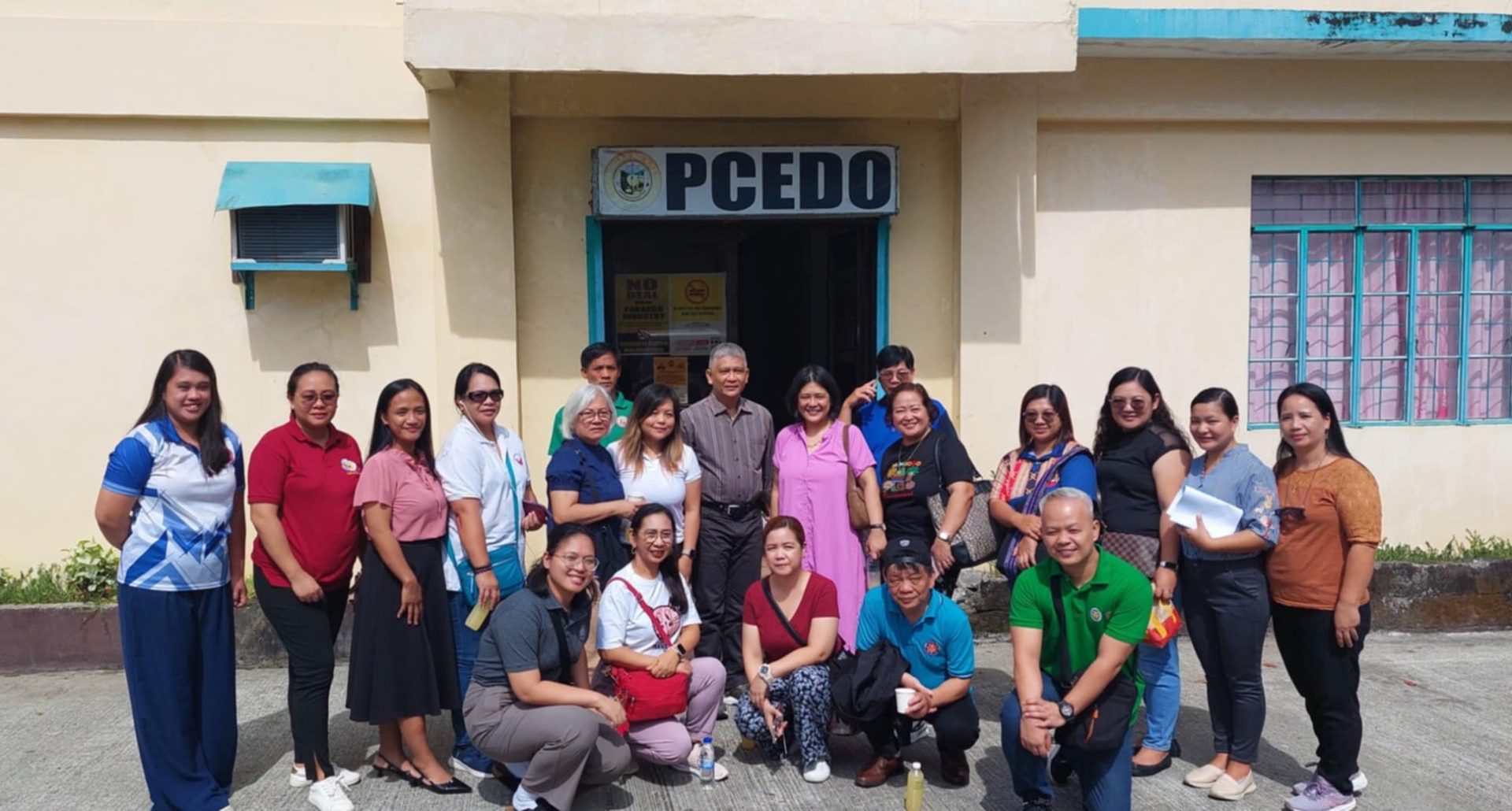Guidelines are being set by the Cooperative Development Authority (CDA) Technical Working Group (TWG) for the recognition of a cooperative city, province or municipality. In a two-day event, the TWG was at Tabuk City, Kalinga on June 4-5, 2025 to set the tone for this endeavor.

With CDA BOD Resolution number 110 Series of 2025, a TWG was created to formulate guidelines for the recognition of a cooperative city, province or municipality, with special mention of Tabuk City and Kalinga Province.
In a “kapehan” setting, the Local Government Unit (LGU) of Tabuk City and Kalinga Province, and cooperatives were invited among other key stakeholders to share good practices and the success factors for the remarkable growth of cooperatives in Tabuk City and Kalinga Province. A major factor is the LGU’s support to the development of cooperatives in terms of ordinances and legislations, provision of both technical and financial assistance, awards and incentives among other programs which had been contributory to the vibrant growth of cooperatives in the areas. A dialogue between these stakeholders also drew the TWG closer to formulating the criteria for the recognition of cooperative city, province or municipality.




Site visits were conducted to the LGU, particularly the Provincial Cooperative and Enterprise Development Office (PCEDO) and the City Cooperative and Enterprise Development Office (CCEDO), Tabuk Farmers Multipurpose Cooperative (TAFAMULCO), St Thomas Credit Cooperative, and identified members as a means of validation. During the site visits, pertinent documents and further information were provided in support to the testaments and information gathered during dialogue.
The biophysical features of Kalinga and Tabuk City make them better suited for cooperative development. In addition to offering excellent prospects for trade and commerce due to its advantageous location and proximity to important transportation lines, it makes a solid basis for agriculture and other types of cooperatives. Its strong sense of community cohesion and rich cultural legacy serve as the foundation for cooperative values of social responsibility, solidarity, and equity.


Additionally, it is worthy to note that Tabuk City and Kalinga Province have high membership count and the active membership participation to cooperative movement is evident thereby displaying the concept and characteristics of a cooperative society. Being a cooperative society, it responds to the needs of the community and addresses the challenges of economic and environmental challenges such as poverty, inequality as well as climate change by fostering inclusive growth, social cohesion and environmental stewardship, more than a driver of economic development. These will form part of the guidelines to be finalized by the TWG which will serve as general guidelines for other cities, provinces or municipalities yearning for similar recognition.
In recognizing cooperative city, province or municipality, valid evidences on the impact, role and the potentials of cooperatives will be established as key drivers of sustainable development.//ChristineLBulalin






